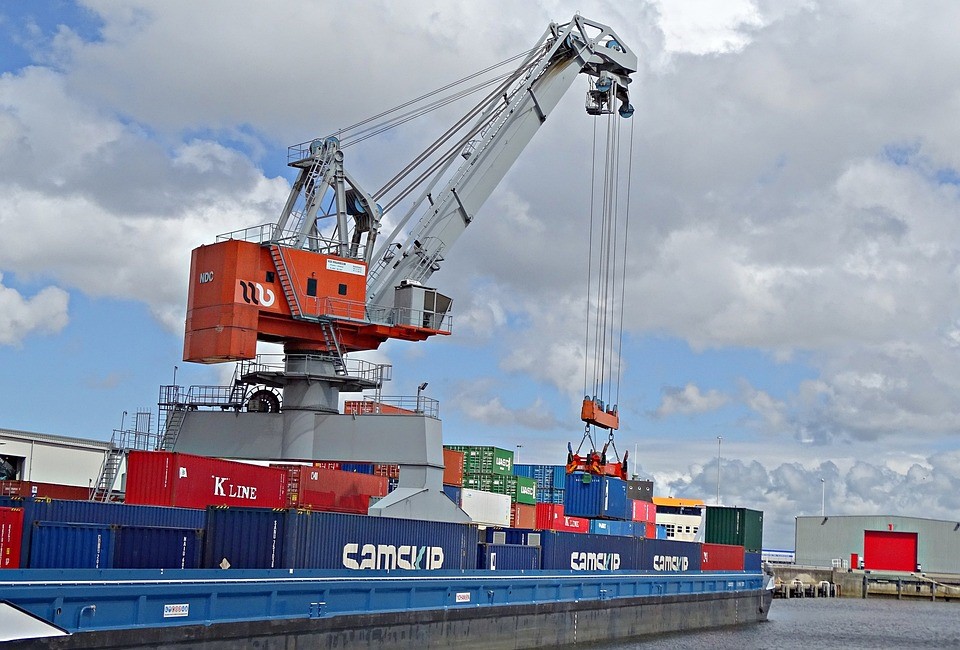
What is agency import/export? How does it differ from self-operated import/export?
Agency import and exportrefers to professional trading companies providing comprehensive foreign trade services to enterprises lacking import/export qualifications or capabilities. Compared to self-operated import/export, the main differences are reflected in three aspects:
- Qualification requirements: The agency must hold professional certifications such as Customs AEO certification
- Division of responsibilities: The agency company handles professional aspects including document compliance and customs declaration
- Fund flow: Payments are settled through the agency companys foreign exchange account
What specific services does agency import/export include?
Professional agency services typically cover the following core modules:
- Basic Services
- Document preparation (commercial invoice, packing list, certificate of origin, etc.)
- Customs declarationPre-classification rulings
- Foreign exchange receipts/payments and tax rebate processing
- Value Added Services
- Supply chain financing
- Trade compliance risk assessment
- Customs clearance solutions for special supervision zones
How much can you save by using an agency company compared to handling it yourself?
According to 2023 General Administration of Customs research data, SMEs using agency services can reduce comprehensive costs by 30%-50%, specifically reflected in:
- Reduced demurrage fees caused by document errors (average savings of ¥32,000 per shipment)
- Optimized HS code classification to reduce tariff expenditures
- Shorten tax refund cycles to improve capital turnover rate
How to determine if an agency company is reliable?
Recommend prioritizing verification of the following 5 qualifications:
- Customs AEO certification qualification (priority given to advanced certification)
- SAFE (State Administration of Foreign Exchange) registration certificate
- Operation of the Single Window for International Trade
- No major compliance violations for at least 3 years
- Professional trade insurance coverage status
What are the typical risks of agency import/export?
Special attention required for the following risk control points:
- Legal risks: Ensure agency agreements clearly define responsibility allocation
- Financial risks: Establish dedicated capital supervision accounts
- Operational Risk: Require agents to provide real-time customs clearance status tracking
What special considerations are required for the import and export of special commodities?
For special commodities such as medical devices and food contact materials, it is recommended to select agents that meet the following conditions:
- Possess specific commodity operation filing certificates
- Familiar with target market technical regulations (such as EU CE certification process)
- Have dangerous goods transportation qualifications (UN38.3, etc.)
How are agency fees typically calculated?
2025 industry common fee patterns include:
- Basic service fee: 0.8%-1.5% of cargo value (minimum charge ¥2000/shipment)
- Advance payment service fee: calculated at daily interest rate of 0.03%-0.05%
- Risk surcharge: additional 0.2%-0.5% for special commodities
Electronic components importExport agentAny special requirements?
Illustrated by a Shenzhen agent companys 2024 service case:
- Complete component parameter sheet required (including HS code pre-confirmation)
- Export control item screening (ECCN code classification)
- Professional guidance for anti-static packaging
Is agency service suitable for cross-border e-commerce?
Select different solutions based on business scale:
- Monthly order volume <100: Recommended to use full-process agency service
- Monthly order volume of 100-500 tickets: Adopt a hybrid model of "agency + in-house team".
- Monthly order volume >500: Recommended to apply for self-owned import-export rights
What clauses must be clearly defined in an agency contract?
Key clause checklist:
- Cost composition and payment schedule
- Document retention responsibility period (recommended ≥3 years)
- Force majeure handling mechanism
- Jurisdiction court for dispute resolution


 Follow Customer Service WeChat
Follow Customer Service WeChat